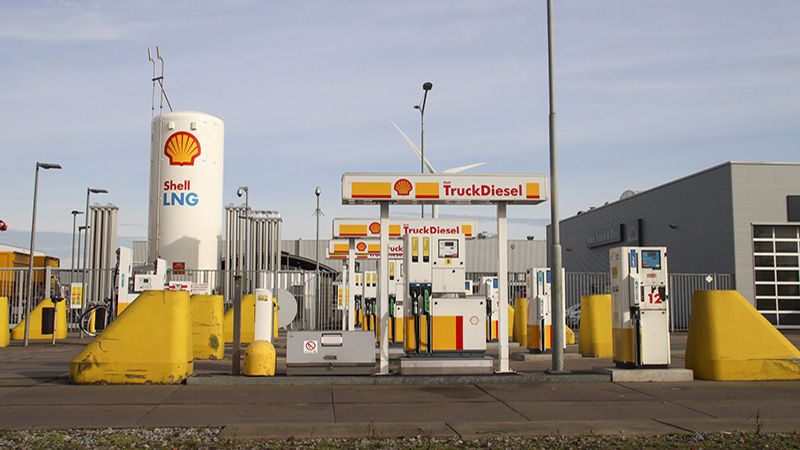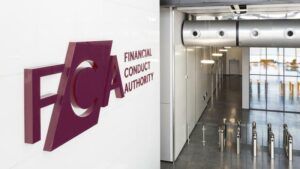Institutional investors have submitted a shareholder resolution to Shell, asking the company to justify the assumptions behind its liquified natural gas (LNG) growth strategy and explain how it’s consistent with its climate commitments.
Brunel Pension Partnership, Greater Manchester Pension Fund and Merseyside Pension Fund – which have combined assets under management of $86bn – are among investors concerned by the expansion of Shell’s LNG business.
According to a recent study by the Cornell Climate Initiative, LNG leaves a greenhouse gas footprint that is 33% worse than coal, when processing and shipping are taken into account. Despite this, Shell plans to grow its LNG business by as much as 30% by 2030.
The resolution requests that Shell disclose whether and how its demand forecast for LNG, LNG production and sales targets, and new capital expenditure in natural gas assets are consistent with its climate commitments, including its target to reach net zero emissions by 2050.
The resolution has been submitted to Shell for its annual general meeting in May 2025.
A Shell spokesperson said: “Shell’s shareholders have strongly backed our strategy to deliver more value with less emissions at successive AGMs, with the growing role of LNG at the heart of this strategy.
“We are confident in the future role of LNG in our strategy, as we transform to become a net-zero emissions energy business by 2050.”
But Vaishnavi Ravishankar, head of stewardship at Brunel Pension Partnership, expressed Brunel’s “deep concern” about the apparent disconnect between Shell’s LNG growth strategy and its stated climate targets and Paris-aligned pathway.
“We need to see further transparency to assess Shell’s alignment with climate goals, particularly in the context of the recent removal of its interim 2035 climate target. We are committed to engaging with Shell to enhance the ambition, transparency, and credibility of its climate transition efforts.”
‘Creating financial risk for investors’
In particular, investors are seeking greater transparency around how Shell arrives at the levels of demand in its LNG Outlook in order to better assess the material risks associated with the company’s LNG portfolio and how it is managing those risks.
According to Australasian Centre for Corporate Responsibility – which also backed the resolution – Shell has more uncontracted LNG than any other independent oil and gas company, making it highly exposed to value erosion should prices be lower than planned. Additionally, Shell’s LNG growth strategy “is built around an anticipated level of demand which is higher than all scenarios put out by the International Energy Agency (IEA)” and “appears to have misinterpreted independent analysis in substantiating its demand projections”.
A spokesperson for the Great Manchester Pension Fund, said: “As an active owner, we want to ensure that the strategies of energy companies are aligned with reducing carbon emissions, can be realistically achieved, and ultimately protect shareholder value. As such, when putting forward an LNG demand outlook that is more than 300% above the IEA’s 1.5°C scenario, the onus is on Shell to explain how this position can be considered credible in the context of the company’s existing climate commitments.”
“In a world transitioning to green energy, the level of fossil gas production planned by Shell is not only environmentally dangerous but creates financial risk for investors too, as the demand for fossil fuels decreases,” added ShareAction’s corporate climate campaign manager, Jackie Garton.
“Our supporters are using their voice to send a signal to fossil fuel companies to take responsibility for their huge impact on climate by starting to make credible plans before it’s too late.”








